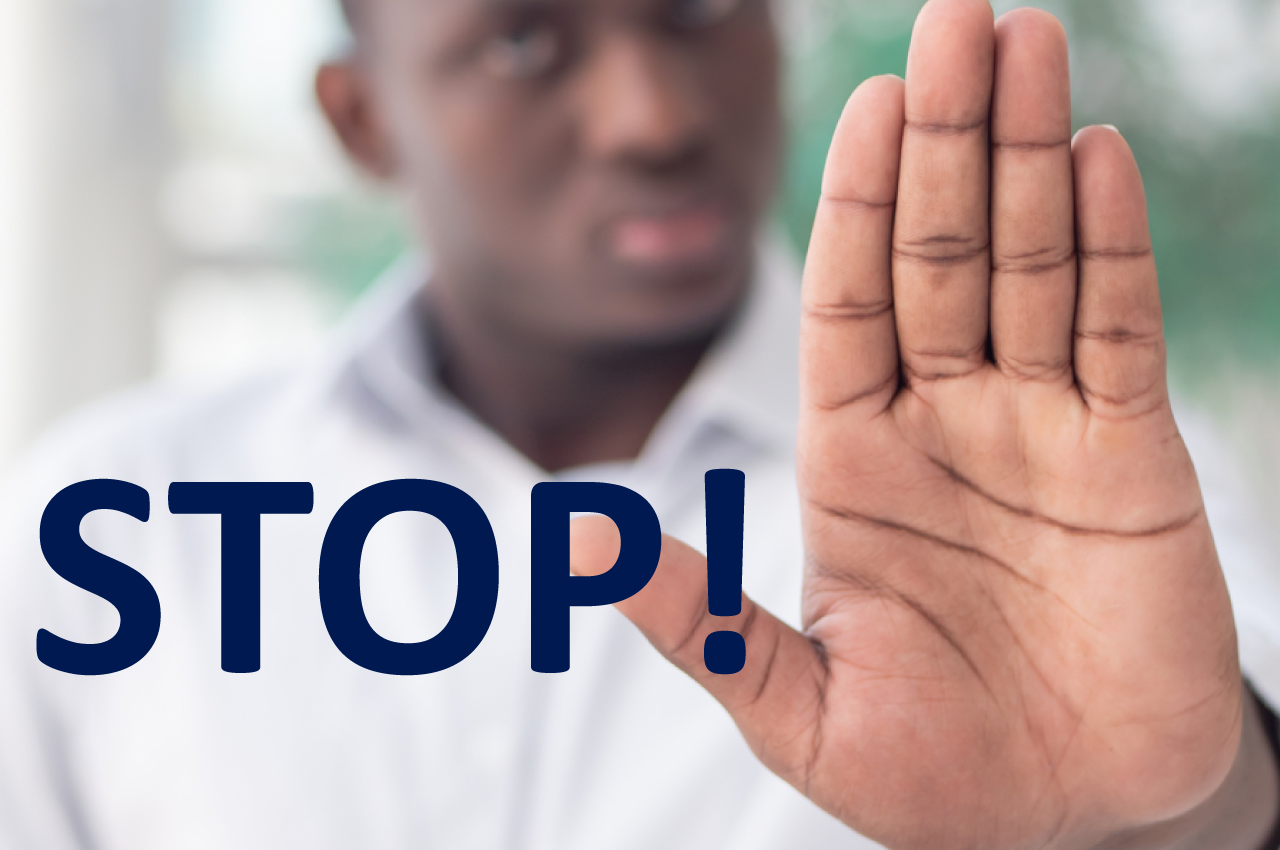Ever wondered what the most burdensome disease is in the world today? According to the World Health Organization, the disease that robs the most adults of the most years of productive life is not AIDS, not heart disease, not cancer. It is depression. As with many conditions, mental health is widely misunderstood. When people are diagnosed with a physical health disorder like diabetes, they typically don’t think twice about seeking treatment or telling others that they are doing so. However, when people are diagnosed with a mental health disorder, such as depression, they are much more likely to keep things to themselves. This is largely due to the negative stigma associated with mental illness.
Much of the stigma and discrimination around mental well-being is rooted in old-fashioned myths and misconceptions, and is fuelled by media stereotypes and misinformation. Those suffering from depression for example, are perceived to be weak, or attention seeking – but this couldn’t be further from the truth. Mental health disorders are illnesses, not signs of poor character. Similarly, people with a mental illness cannot ‘snap out of it’ any more than someone with diabetes can immediately recover from their condition.
Stigma, prejudice, and discrimination against people with mental illness can be subtle, or it can be obvious. Either way it is harmful. It can contribute to worsening symptoms and reduce the likelihood of getting the treatment that is needed. With those suffering from a mental illness, stigma can reduce hope, lower self-esteem, and make it difficult to maintain relationships. Essentially it creates an often-insurmountable barrier to both treatment and recovery.
That’s why taking steps to break the stigma is important, for everyone. Mental illness is treatable, and recovery is possible. Often people will rather speak with a friend or family member before talking to a mental health professional. By educating yourself about mental health, and taking steps to combat stigma, you will be able to support someone in your life in the recovery process and facilitate them to seek the professional help they need.
How to break the stigma
- Talk openly about mental health – it is both common and treatable.
- Educate yourself and others – learn about mental health recovery, and about recognising signs that someone might need help
- Be conscious of your language – language matters. Always address the person, not the illness. Referring to someone who has been diagnosed with schizophrenia as ‘a schizophrenic’ reduces the person to that label. Someone isn’t ‘bipolar’; rather they struggle with bipolar disorder. There’s so much more to an individual than the illness with which they struggle. For a person with mental illness, that is just one current aspect of who they are.
- Treat physical and mental health equally – and pay attention to both.
- Show compassion toward those with mental illness. Provide support, love, and connection. Engagement within a community can greatly assist in recovery.
- Speak up – let others know when they are stigmatizing mental health – don’t silently endorse stigma by not speaking up
References
- Prevention of Mental Disorders: Effective interventions and policy options: WHO.int.
- Mental health: Overcoming the stigma of mental illness: Mayoclinic.org
- The impact of illness identity on recovery from severe mental illness: A review of the evidence: Psychiatry Research Journal Volume 288, June 2020, 112950
- Self-stigma as a barrier to recovery: a longitudinal study : Pubmed.gov
Myths about mental health
Myths about mental health abound. “Mental illness is caused by mental weakness”, “Mental health problems can’t be treated”, “Everyone who has a mental illness is violent”.
None of these could be further from the truth, yet these myths continue to plague those suffering with mental illness. The way to put an end to the stigma is by educating yourself, your family, and those close to you about what is fact and what is fiction. Find a valuable basket of awareness and education resources here.



